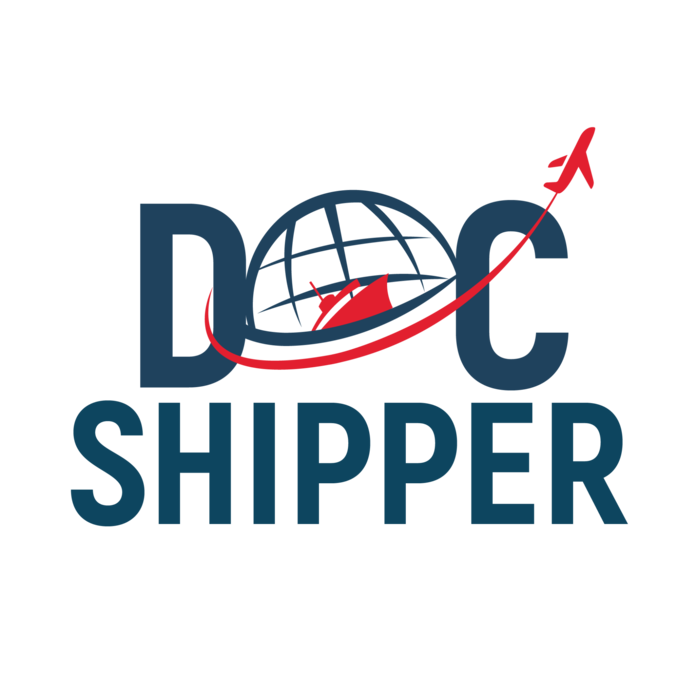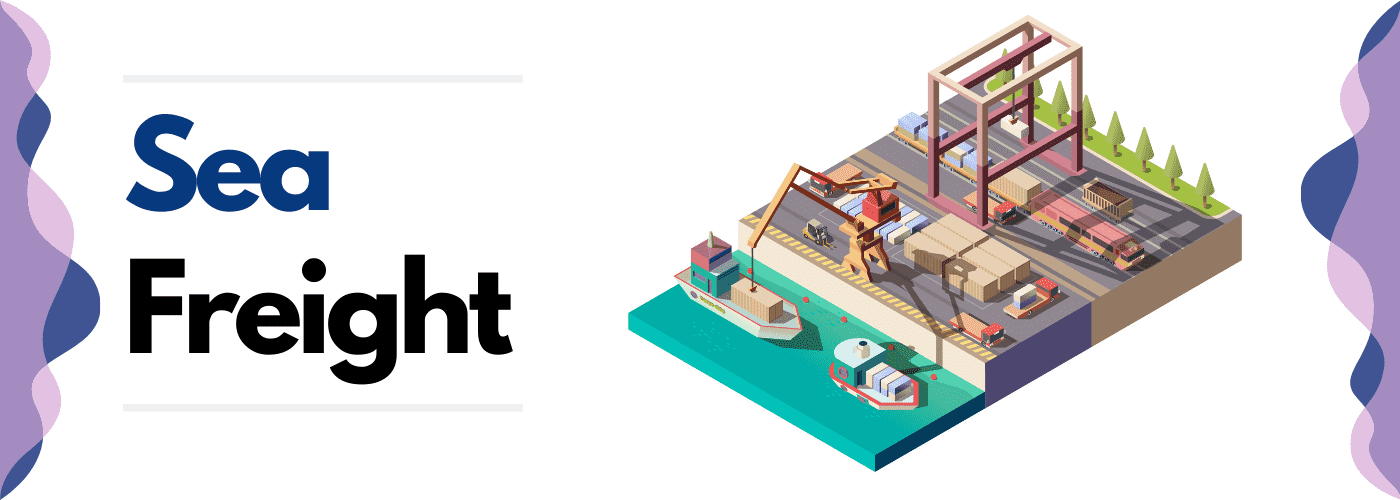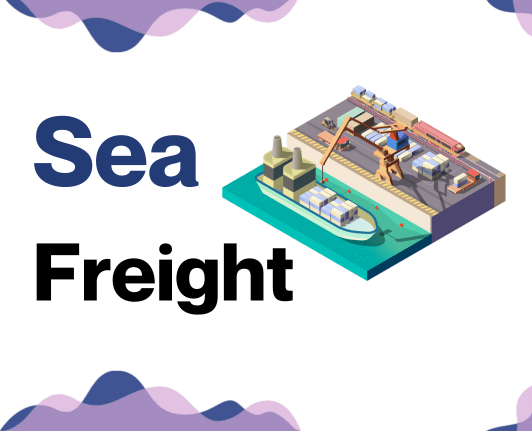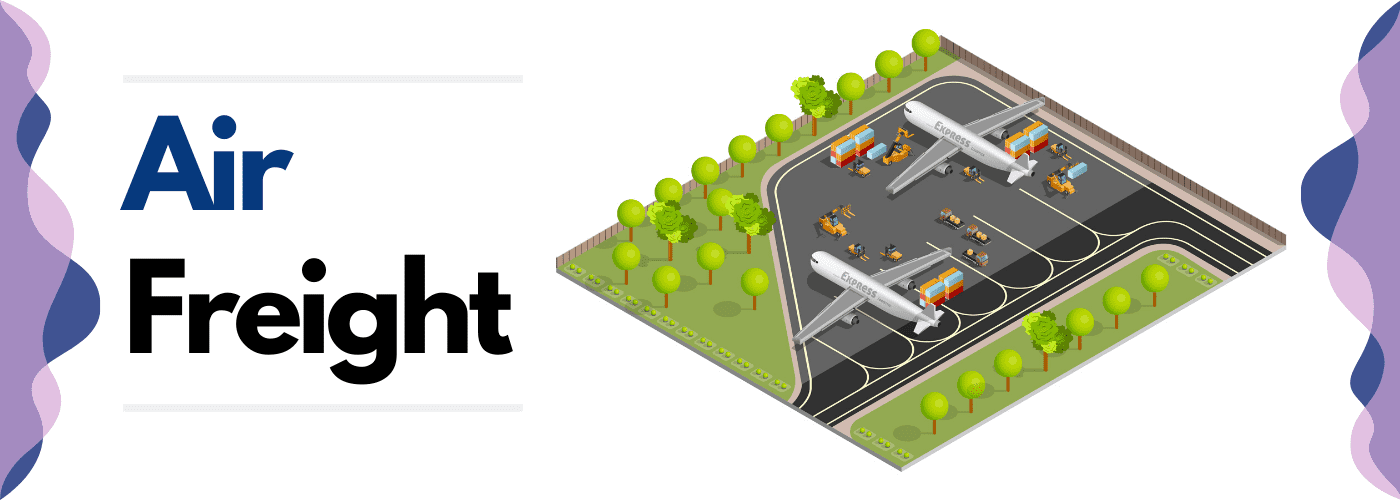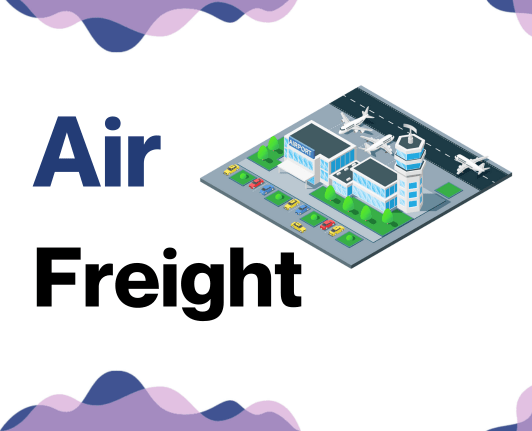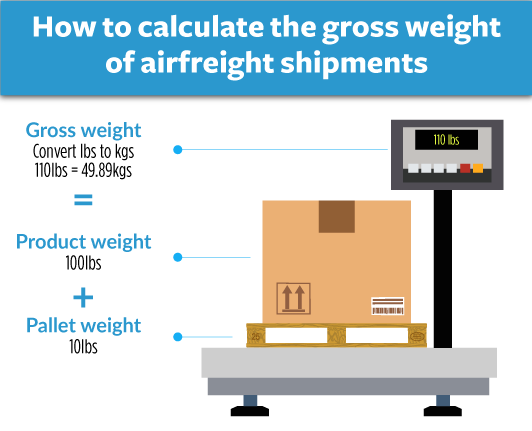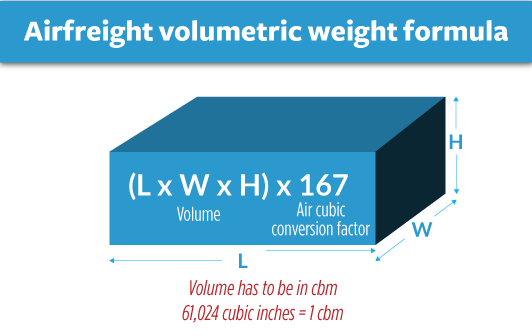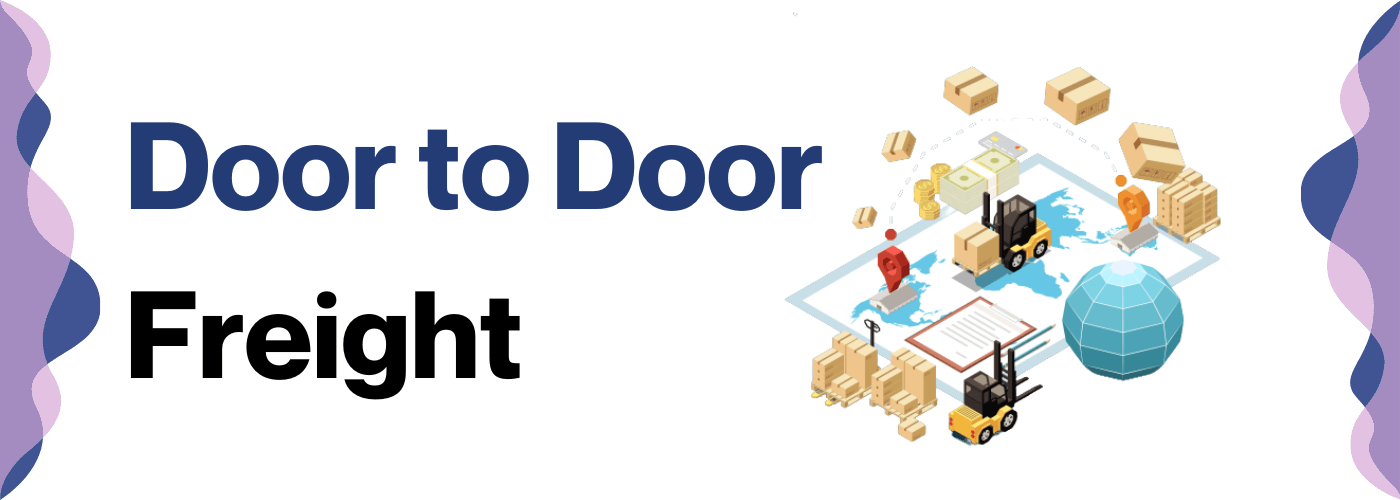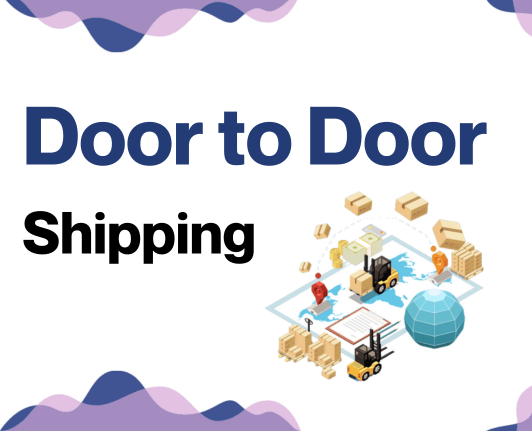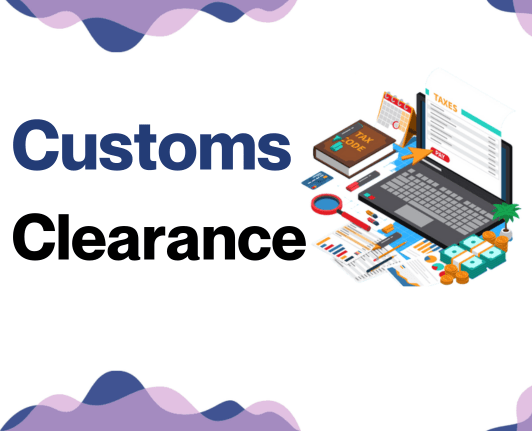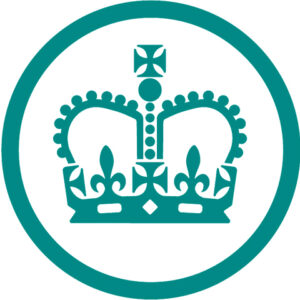Your Import/Export Assistant in Londonderry
Londonderry, located in Northern Ireland, benefits from its proximity to the Londonderry Port and City of Derry Airport. These gateways play a pivotal role in the freight forwarding process, enabling efficient sea and air transport of goods. However, shipping to and from Londonderry can be challenging due to complex customs regulations and logistical hurdles. With the expertise and personalized support of a freight forwarder in Londonderry like DocShipper, your freight challenges become easier to manage.

Ship for less with sea freight
Sea freight from/to Londonderry
Using sea freight for your shipments to and from Londonderry can be advantageous due to its ideal location. However, you may face challenges such as limited ocean freight capacity and complex port logistics. At DocShipper, we specialize in freight forwarding by sea, ensuring smooth intermodal shipping and managing bulk cargo transport efficiently. We handle all aspects of container shipping, from navigating shipping routes to addressing logistical challenges. Avoid stress and let us take care of everything. Request your free quote or personalized advice for seamless sea cargo shipments to or from Londonderry today.
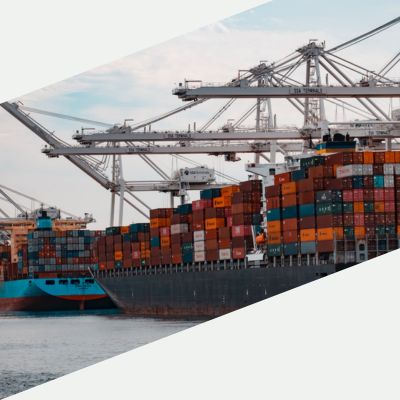
![]()
Containerization Options
We offer both Full Container Load (FCL) for large shipments and Less than Container Load (LCL) for smaller ones, ensuring highquality, stressfree handling of all your needs.
![]() Documentation Preparation
Documentation Preparation
We handle all your documentation for shipments to and from Londonderry, ensuring full compliance. Get quotes within 24 hours. Relax, we take care of the rest.
![]()
Pickup and Handling
We manage every step from pickup to delivery, ensuring your experience is stressfree and efficient.
Our local team carefully handles every aspect, guaranteeing safe and timely transport for your goods.
Your peace of mind is our priority; we ensure complete handling, from start to finish.
We make your logistics hasslefree by overseeing every step, ensuring your goods are in expert hands.
From pickup to final delivery, we take care of everything, so you experience no stress.
![]()
Coordination and Communication
We handle all coordination and communication with Londonderry ports, carriers, and authorities, ensuring a seamless, stressfree process. You can relax knowing we take care of everything to make your shipments troublefree.
Major international ports in Londonderry
Port of Londonderry (Foyle Port)
Location and volume: Nestled along the banks of the River Foyle, the Port of Londonderry, also known as Foyle Port, serves as a vital gateway for Northern Ireland. This strategic location in the northwest allows the port to handle a significant volume of cargo, accommodating thousands of TEUs annually. Its proximity to major trade routes ensures smooth and efficient shipping operations.
Key trade partners and strategic importance: Foyle Port boasts strong connections with key trade partners across Europe and beyond. It plays a crucial role in importing and exporting goods, contributing significantly to the region's economy. The port's strategic importance is accentuated by its capacity to support diverse industries including agriculture, construction, and manufacturing, making it a linchpin in regional trade.
Context for businesses: For your business, Foyle Port presents an excellent opportunity to expand into new markets and streamline your supply chain. Its advanced facilities and strategic location offer unique advantages, such as reduced shipping times and access to a broad network of trade connections. Leveraging this port can enhance your market development efforts and provide a stress-free logistics experience to ensure that your goods reach their destinations efficiently.

For your express shipments
Air freight from/to Londonderry
Air freight to and from Londonderry is a viable option for urgent deliveries and valuable goods thanks to its proximity to the City of Derry Airport, enhancing our air logistics capabilities. Despite higher costs and size limitations, the efficient air freight network makes air cargo ideal for shipments needing quick transport. Whether it's air shipping valuable electronics or time-critical medical supplies, using our service ensures complete handling without stress. We take care of everything, providing hassle-free air transport for shipments starting from 100 kg or 0.5 m³, and leveraging cargo planes for reliable delivery.
![]() Express Delivery
Express Delivery
With our air freight services in Londonderry, we ensure your urgent shipments arrive on time, providing you with a stressfree experience to meet tight deadlines.
![]() Peace of Mind
Peace of Mind
With our global network, shipping to and from Londonderry becomes a stressfree experience. We handle every detail so you can focus on your business without any logistical headaches. Relax, we’ve got you covered.
![]() Protection for your Sensitive Goods
Protection for your Sensitive Goods
We guarantee that your fragile or valuable items arrive in Londonderry in perfect condition by utilizing topquality packaging materials and advanced handling techniques, ensuring a stressfree shipping experience for you.
![]() Commitment to Safety
Commitment to Safety
When shipping to and from Londonderry, we ensure your goods are protected through meticulous handling and robust security measures. No stress; your valuable shipments will arrive safely and on time. We take care of everything.
For sustainable and cost-effective logistics
Rail freight from/to Londonderry
Choosing rail freight to or from Londonderry offers both significant advantages and potential challenges. The city's key train station, Londonderry Railway Station, connects to major cities and regions, making rail logistics a dependable option for efficient and eco-friendly goods transport by train. However, geographical positioning and rail network limitations may pose obstacles. Our rail freight services ensure seamless handling at both departure and arrival points, optimizing efficiency and reliability throughout the process. Experience stress-free and optimal rail transport for your shipments. Contact us today to learn more about our train cargo solutions!

![]() Integrated Logistics Solutions
Integrated Logistics Solutions
We enhance rail transport efficiency to and from Londonderry through meticulous planning, stressfree coordination, and optimizing every step from the initial logistics to final delivery. We take care of everything so you can focus on your business.
![]() High Capacity for Large Shipments
High Capacity for Large Shipments
Rail transport in Londonderry offers you a reliable, costefficient way to handle heavy and bulky shipments with ease, ensuring your goods reach their destination on time without the stress of traditional road freight challenges.

For unmatched flexibility and proximity
Road freight from/to Londonderry
Londonderry's strategic location, connected by key highways like the A2 and A6, makes road freight an efficient option for overland transport. These highways link directly to important cities like Belfast and Dublin, facilitating seamless truckload shipping. However, potential obstacles like traffic congestion or road conditions may arise. Our trucking services ensure smooth carrier operations, managing road cargo efficiently at both departure and arrival points. For optimal efficiency in your freight trucking needs, request a quick quote today, and we'll take care of the rest.
![]() Customized Door-to-Door Service
Customized Door-to-Door Service
We deliver straight to your Londonderry doorstep, providing a stressfree, customized doortodoor service tailored to your specific transportation needs.
![]() Complete Peace of Mind
Complete Peace of Mind
You can relax while we handle every step of your road transport process in Londonderry, from pickup to delivery, ensuring your goods are managed with care and professionalism. Enjoy a stressfree experience with our expert services.
We handle customs complexities for you
Customs clearance for import and export
Shipping goods to and from the UK can be daunting due to complex customs regulations and varying customs tariffs. You might struggle with customs documentation, dealing with customs duties, and ensuring compliance during customs inspections. That's where our customs expertise comes in. Our seasoned customs brokers handle all customs clearance procedures, including customs declarations and customs formalities, ensuring seamless customs management. We provide complete customs clearance services, from navigating customs compliance to managing customs duties, making your logistics process stress-free and efficient so you can focus on your business while we take care of the rest.

![]() Simplified Formalities
Simplified Formalities
We simplify customs clearance for your Londonderry shipments, managing all formalities smoothly for both UK and nonEU destinations, ensuring a stressfree experience.
![]() Qualified Partners and Local Expertise
Qualified Partners and Local Expertise
You can rely on our indepth knowledge of both local and international regulations to avoid customs issues at Londonderry, ensuring a smooth and stressfree shipping experience.
![]() Documentation Preparation
Documentation Preparation
We handle all documentation for Londonderry, ensuring fast and errorfree customs clearance, so you can focus on your business without worries. Our expertise guarantees a smooth process, removing any potential headaches.
![]() Comprehensive Assistance
Comprehensive Assistance
We guide you through Londonderry customs, from paying duties and taxes to coordinating with authorities, ensuring a seamless, stressfree process. Relax while we handle everything, providing you with a hasslefree experience.
They trust us
EXCELLENTTrustindex verifies that the original source of the review is Google. I am from Switzerland, i started an amazon FBA buisness and choose Docshipper as transporter, so far so good ! Very quick responsive and helpful team, shout out for Marceau in their french team he has helped me a lot concerning all international transport matters. I recommend 😉Trustindex verifies that the original source of the review is Google. Je recommande vivement et sans hésiter cette company. Khalil et Léo, ainsi que toute leur équipe, ont toujours été très réactif et ont sus trouver des solutions lorsqu’une pépite se présentait. Je recommande les yeux fermésTrustindex verifies that the original source of the review is Google. Une équipe hyper réactive. Toujours disponible. Nous les avons solliciter pour un déménagement de Paris vers la Thaïlande. Un super accompagnement avant/pendant/après la livraison de notre container. Des services de qualité. Des conseils précieux sur de nombreux sujets. Des tarifs très compétitifs. Nous avons pu voyager et déménager sereinement et sans crainte. Je recommande fortement de faire appel à leurs servicesTrustindex verifies that the original source of the review is Google. Très satisfait du service, j ai quelque peu tiqué sur le prix mais suis revenu sur mon avis car marceau comme karim étaient présent rapidement pour répondre à mes interrogations et m ont tenu au courant sans demande de ma part quand le bateau a pris du retard et même le fournisseur chinois m a dis que l enlèvement c était parfaitement bien passé je pense refaire appel à eux très prochainementTrustindex verifies that the original source of the review is Google. Leo was great throughout the entire relocation process, which was flawless.Trustindex verifies that the original source of the review is Google. Merci beaucoup à toutes les équipes française et thaïlandaise pour ce fret maritime depuis la France vers le sud de la Thaïlande. Merci beaucoup à Léo Labarre qui a été mon interlocuteur depuis le début. 🙏🙏Trustindex verifies that the original source of the review is Google. Tout a bien fonctionné a par un détaille qui a été pris en contre et qui va être corrigé merciTrustindex verifies that the original source of the review is Google. Top. Super confiance, super pro, super com, super dispo de Leo qui nous a vraiment aidé pour notre déménagement.Trustindex verifies that the original source of the review is Google. Many thanks to Léo Labarre and his professional crew in Portugal and Thailand. /Peter
ABOUT US
DocShipper more than just a logistics company
At DocShipper, our mission is to support individuals, SMEs, and large companies in the logistics sector. Based in the UK, we boast a vast network of agents covering all airports, ports, countries, and continents, ensuring all your shipping needs are met, regardless of transport mode. Our goal is to provide importers and exporters with complete peace of mind during international shipments. With DocShipper, you can count on a stress-free experience and high-quality service that takes care of every detail, so you don’t have to worry about a thing.
18 000
Shipments
4,9/ 5
Google reviews
100+
Logistics experts
18 000 shipments
4,55/5 Google reviews
100+ Logistics experts

![]()
Hassle-free shipping
Enjoy a stress-free experience as we handle every step from logistics to customs clearance and final delivery. No stress, complete handling with confidence!
![]()
Pay less. Ship more.
Benefit from our strong partnerships and high quality service at competitive prices. Enjoy significant cost savings compared to other providers with our stressfree logistics solutions.
![]()
A single point of contact
Experience stress-free shipping with a single point of contact. We ensure quick responses and continuous updates, managing everything for you with high quality service.
FAQ | Shipping goods from/to Londonderry
Does your quote include all costs?
Yes, our quote includes everything except duties and taxes. You can always ask your account manager to estimate those for you. We emphasize that there are no hidden fees, ensuring you won't face any unpleasant surprises.
Do I need to pay for insurance when importing my goods?
You don't need to pay for insurance when importing your goods, as it's never mandatory for shipping, be it locally or internationally. However, we highly recommend insuring your goods because various incidents, such as damage, losses, or theft, can occur during transit. Having insurance ensures that you are covered financially in case any unforeseen events happen, giving you peace of mind and protecting your investment. When you choose to work with us, we take care of all necessary arrangements, ensuring a smooth and worry-free shipping experience.
What are the costs associated with your moving service?
For your move to Londonderry, costs depend on several factors, including the volume of your belongings and the distance. We offer a complete service, carefully handling packing, transport, and delivery whether you’re moving locally or internationally. Each move is unique, so please contact us for a personalized quote. We’ll provide you with detailed pricing within 24 hours, helping you plan your move to Londonderry smoothly and without stress.
